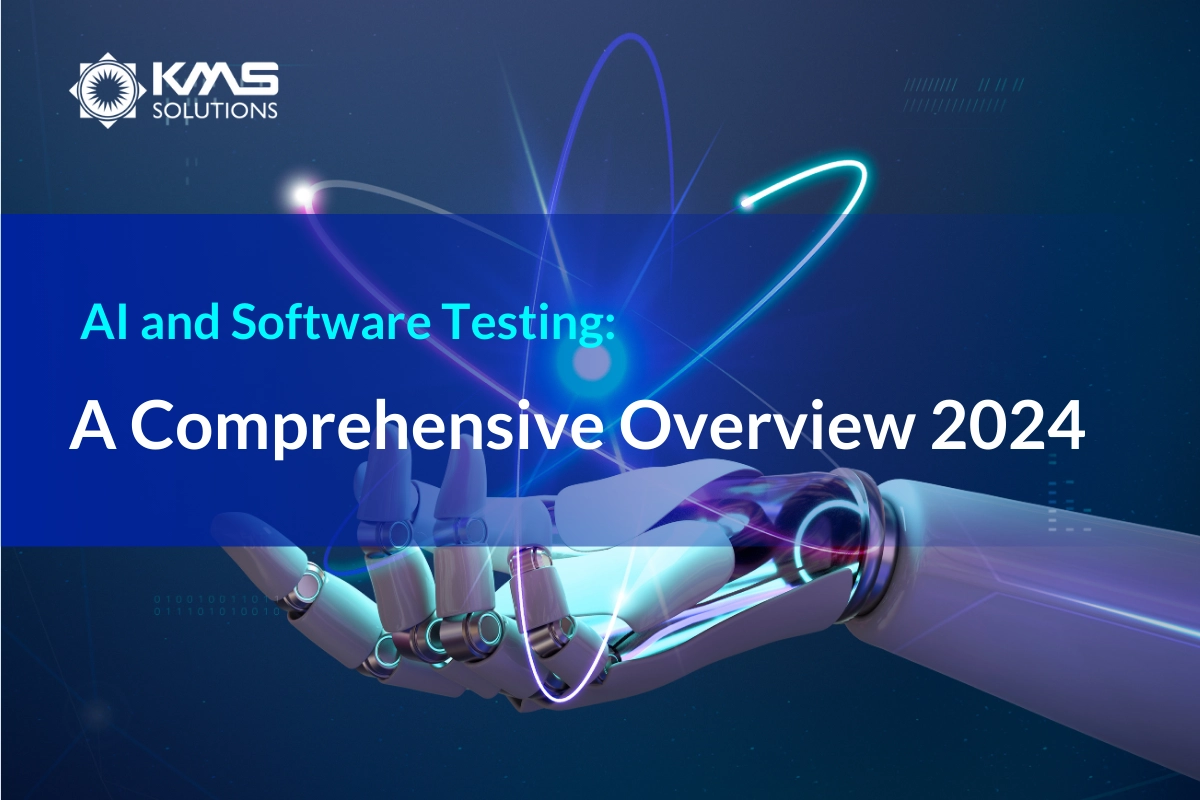In the current 4.0 era, artificial intelligence (AI) is constantly developing and becoming an indispensable part of many fields; one of the important fields is software testing.
This article will give you an overview of how AI and testing software work together. How it will help your work and the challenges and opportunities it brings. Let’s read this article to better understand AI for software testing in the following article!
What is AI for Software Testing?
AI Testing is a type of software testing that uses artificial intelligence to create and execute automated test scripts. This technology allows AI to automatically generate test data, validate data, perform test operations, and analyze results.
The adoption of AI for Software Testing is growing rapidly, driven by its ability to enhance accuracy, speed, and efficiency. Forbes forecasts a 37.3% increase in the use of AI for software testing between 2023 and 2030, highlighting its significant role in the future of quality assurance.
AI-driven automation allows for faster test script generation, reduced manual effort, and more efficient execution. A Capgemini study found that AI reduces test design and execution efforts by 30%, further improving operational efficiency. Additionally, IDC.com predicts that by 2025, 40% of the central IT budget will be allocated to AI-based software testing solutions, underlining the shift towards automation in quality assurance processes.
Read more: AI for Software Testing: A Comprehensive Overview in 2024
With these statistics, it’s clear that the integration of AI for software testing is not just a trend but a critical evolution in modern software development.
Types of AI Testing in Software Testing
AI for Software Testing has revolutionized various testing types, enhancing precision and speed:
- Unit testing: Traditional unit testing focuses on individual code components, but AI goes further by automatically generating test cases and uncovering edge scenarios that developers might miss. Moreover, AI helps predict defects by analyzing patterns in the code, ensuring that bug-prone areas are identified early.
- Functional testing, AI-driven tools take testing to the next level by learning user behavior and automating data-driven tests. By simulating real user interactions, AI enhances the accuracy of test results and allows testers to focus on strategic tasks. This approach results in more intelligent test data, closely resembling real-world scenarios, which improves overall test coverage and system reliability.
- Non-functional testing: AI anticipates potential bottlenecks by analyzing historical data, ensuring smart resource distribution and continuous testing of system performance under various conditions. Additionally, AI can adapt and evolve as the system changes, keeping tests relevant and efficient over time.
Read more: Performance Testing: An Introduction
- Visual testing: is transformed by AI’s ability to detect even the most minor UI changes, where human testers might overlook visual anomalies. AI-powered tools streamline visual regression testing, ensuring that the user experience remains smooth and error-free across updates.
- By integrating AI for Software Testing, organizations can make their testing processes faster, more comprehensive, and reliable, providing higher quality results with less manual effort.
Advantages of AI in Software Testing
Broad test coverage
Incorporating AI for Software Testing offers significant benefits, improving software quality while reducing manual effort. One of the key advantages is extensive test coverage. AI-driven tools generate test cases that cover a broad spectrum of scenarios, including edge cases often missed by human testers. For example, in cloud applications, AI analyzes user behavior and historical data, creating comprehensive test scripts that detect defects early.
Quicker testing implementation
Another advantage is faster test execution. AI automates repetitive tasks, running tests across multiple environments swiftly. This accelerates feedback in CI/CD pipelines, allowing for rapid identification and resolution of defects. As a result, development teams can focus on more critical tasks, reducing delays in software releases.
Enhanced testing accuracy
AI also delivers improved accuracy. By eliminating human error and leveraging predictive analytics, AI tools accurately pinpoint areas likely to fail, ensuring that testing is focused on the most vulnerable aspects of the software. This leads to more reliable defect detection and reduces the chance of bugs making it into production.
Cost saving
Additionally, cost savings are a significant benefit. Automating the testing process reduces the need for a large testing team, cutting down on manual labor and enabling companies to allocate resources more efficiently. By incorporating AI for Software Testing, organizations experience higher ROI while maintaining high-quality software output.
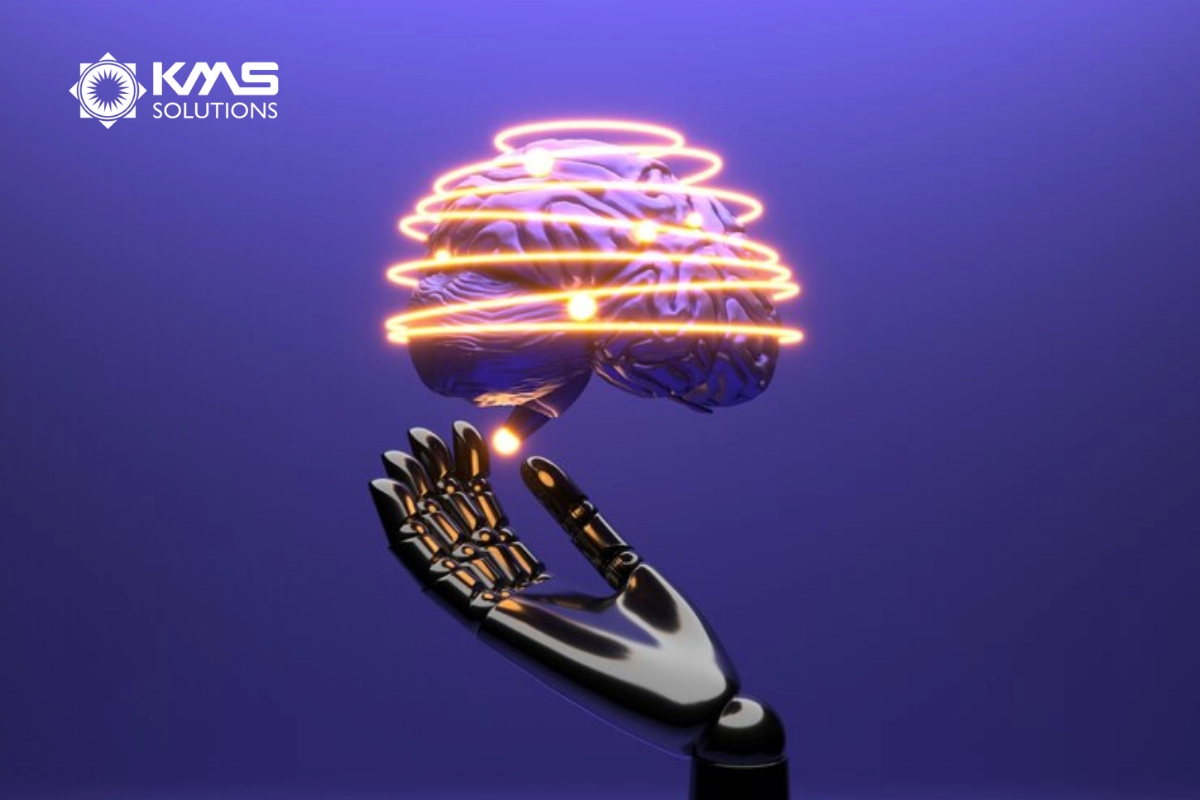
Comparing Traditional and AI-Based Software Testing
| Manual Testing | AI Testing |
| Time-consuming, resource-intensive, and expensive. | AI-driven testing saves time and money, so you can ship products faster. |
| Executing tests manually takes more time as testers will perform tests linearly and sequentially. | Automation helps accelerate the test execution speed. |
| Test cases are executed manually by human testers. Manual testers have to involve themselves in testing activities actively. | Test cases are automated using AI test automation tools. Not much human intervention is required. |
| Low productivity | High productivity |
| Test results can not be 100% accurate. The capabilities of human errors are high as testing is performed. | The accuracy of automated tests surpasses that of manual testing, thanks to the consistent monitoring and automation provided by testing tools. |
| Manual testing often results in limited coverage, as testers cannot address every potential scenario. | AI-powered tools enable extensive test coverage, allowing a vast number of tests to be executed quickly. |
| Parallel testing can become quite expensive, factoring in the costs of machines, human labor, and time. | Automation tools facilitate parallel testing, enabling tests to be run in the cloud with fewer resources and reduced expenses. |
| The costs of manual testing are high due to the need to hire and train testers. | While automated testing requires an upfront investment in AI tools and training, it proves to be highly cost-efficient over time. |
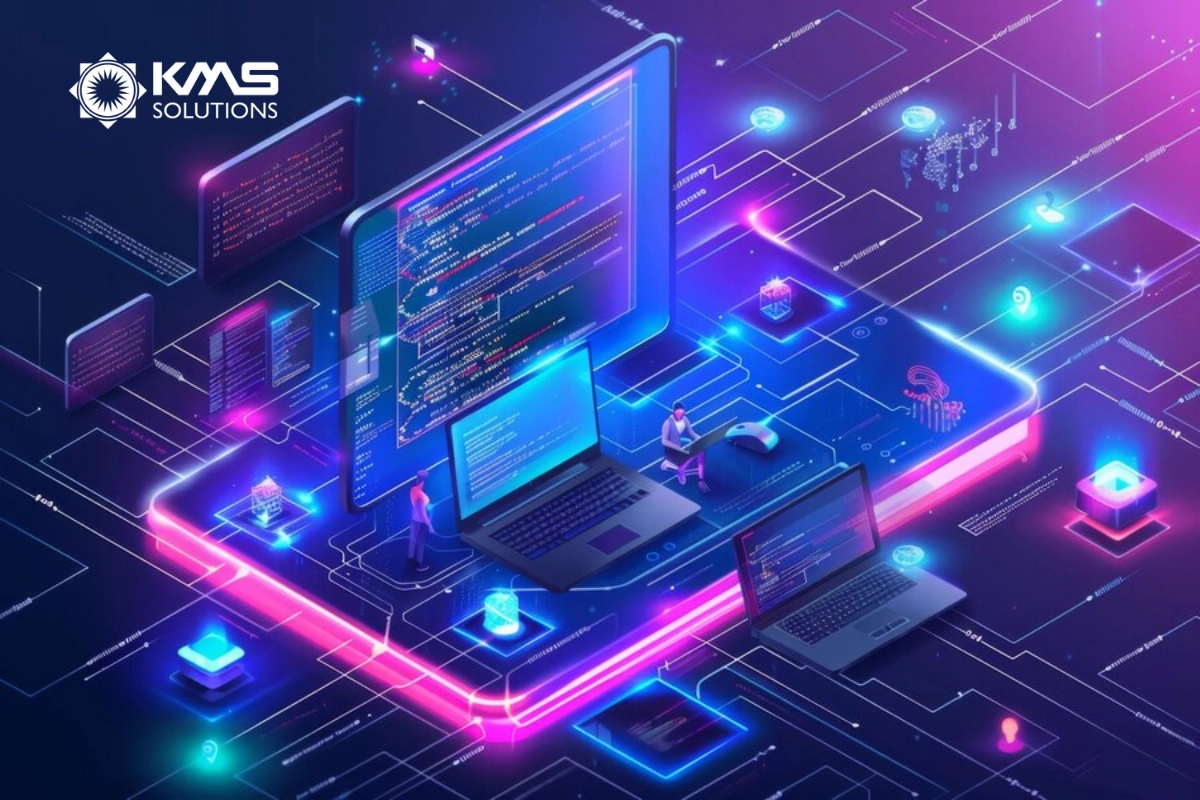
How Can AI Change the QA Landscape?
In the world of using AI in software testing, quality assurance (QA) is undergoing a transformation. AI is not just a tool; it’s becoming the cornerstone of modern testing strategies. When exploring how AI can be used in QA, it’s essential to understand the multifaceted roles that AI plays in elevating the software testing process:
- AI in QA automates the creation and execution of test cases. AI analyzes the application’s code, user behaviors, and historical test data to generate intelligent test cases that are more likely to uncover critical bugs. This not only saves time but also ensures that testing is thorough and covers a wide array of scenarios.
- AI facilitates continuous software testing, a practice that is becoming increasingly important in today’s fast-paced development cycles. AI enhances this by automating these tests and providing real-time insights into the software’s health. This means that any issues can be identified and addressed as they arise, reducing the risk of major bugs being discovered late in the development cycle.
- By leveraging machine learning algorithms, AI can analyze past data and predict where future defects are likely to occur. This predictive capability allows QA teams to focus their efforts on the areas of the software that are most likely to fail, making the testing process more efficient and effective.
- AI has transformed the QA landscape by automating time-consuming tasks, enhancing test accuracy, and providing predictive insights. As the software industry continues to evolve, the integration of AI in QA will become increasingly essential for companies looking to maintain high standards.
The capabilities of AI in enhancing software quality assurance are becoming more apparent. However, does AI have any limitations? It’s crucial to understand both the strengths and the limitations of AI-driven testing. The following content will explain more clearly the capabilities and limitations of AI in software testing.
AI Software Testing Capabilities and Limitations
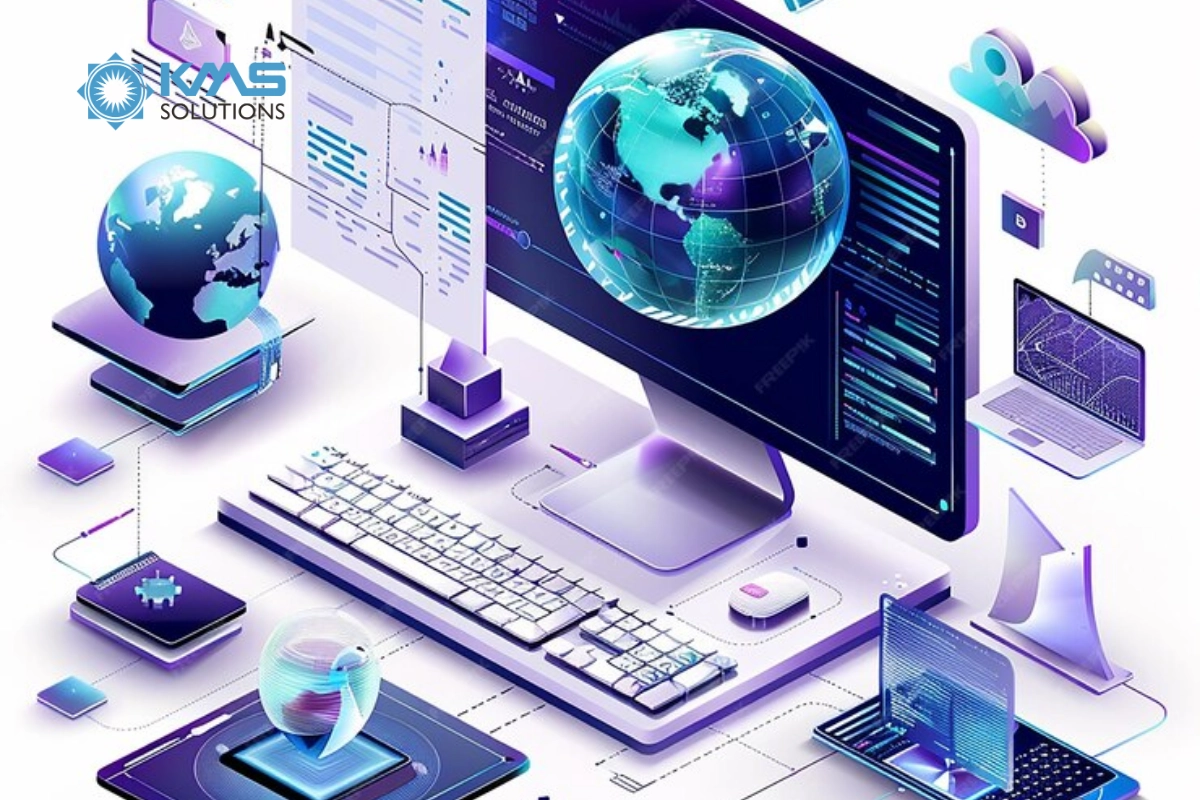
Suitable Tasks for Using AI in Testing
- Automating similar tasks/ workflows: Once AI tools are introduced to a specific workflow, they quickly learn to automate similar processes.
- Executing test cases based on updates: AI performs risk analysis and identifies the test cases to run by detecting changes in the code, ensuring the app functions properly before release.
- Test maintenance: This technology quickly fixes broken test cases when code evolves, saving significant manual effort.
- Performance and load testing. AI-driven QA testing enables automated tests for app performance and load speed.
- Pre-release testing and Test plan: AI tools determine the essential tests to run before releases and execute test cases for new features.
- User Interface (UI) testing: AI simplifies the creation of test cases to evaluate UI workflows.
Unsuitable Tasks for Using AI in Testing
- Documentation review: AI lacks the ability to fully grasp the structure and components of a software product in the way that software engineers do. This task is best handled by a professional QA team.
- Complex test development: AI is not ideal for testing scenarios that involve numerous components. In these situations, experienced QA testers are far more effective.
- Test result reporting and analysis: AI struggles to fully understand test results and determine the next appropriate steps, requiring human intervention.
- User Experience (UX) testing: Since AI is not capable of assessing user experience, it’s essential to rely on UI/UX experts for this aspect of testing.
AI in Testing Automation – Methods
Self-healing automation
Self-healing automation automatically updates test scripts, saving time and effort compared to manual work. When application source code changes that break test scripts, this technology automatically detects and fixes errors, ensuring that scripts remain accurate and up-to-date. This helps minimize test downtime, increase reliability, and reduce maintenance workload. As a result, self-healing automation optimizes costs and resources, while improving efficiency in the automation testing process.
Regression automation
Regression automation uses AI to intelligently automate regression testing, ensuring that existing software features are not affected by changes in the code. Instead of having to do it manually, AI analyzes and automates tests based on code changes, accelerating testing time and improving accuracy. This not only reduces testing downtime and maintenance workload, but also increases efficiency.
Read more: How Automated Regression Testing Enhances BFSI Software Quality and Efficiency
Defect analysis and scheduling
Defect analysis helps identify problem areas based on their likelihood of failure and then analyzes the root cause of the defects. This analysis provides a clear view of the issues that need to be fixed on priority. Defect scheduling based on the analysis ensures that the fix is done efficiently, ensuring software quality and maintaining project progress. Performing both steps in a synchronized manner improves product quality and project management efficiency.
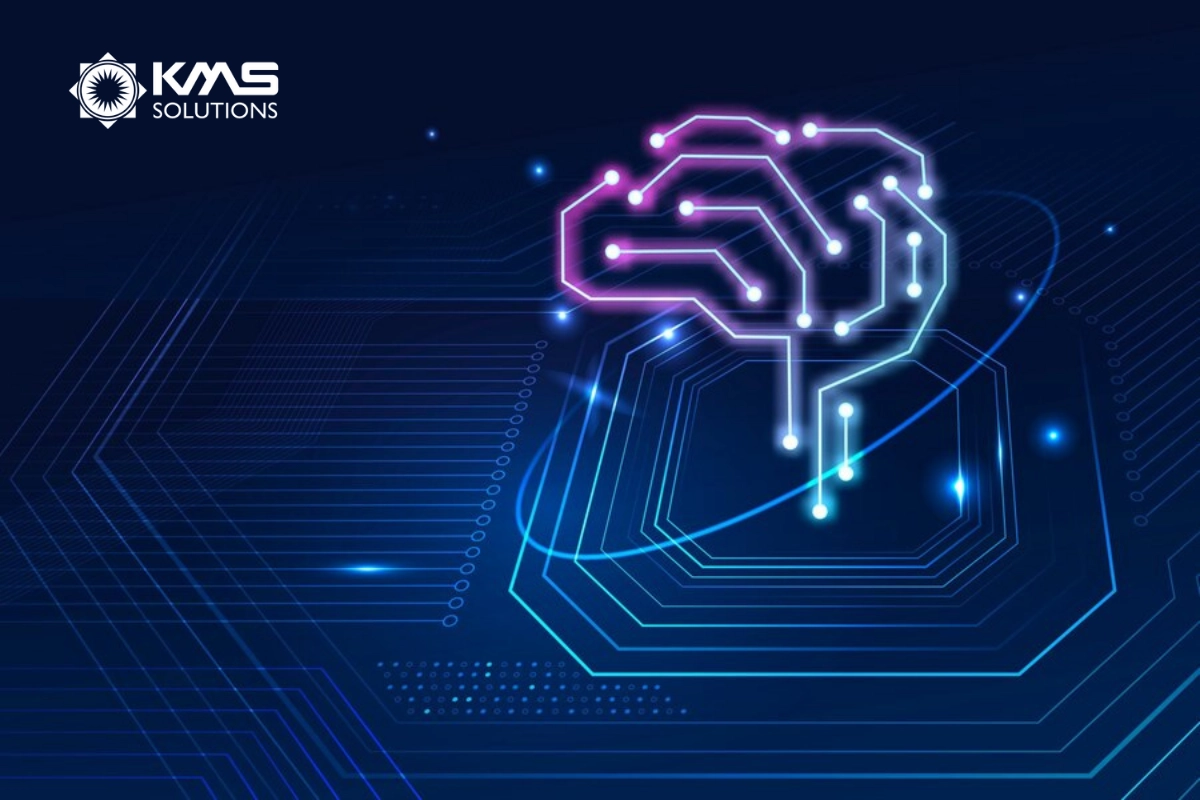
How To Use AI In Software Testing
Self-healing tests
AI helps prevent testing errors by automatically updating test scripts when there are any changes in the source code. Thanks to its self-adaptive capabilities, self-healing tests help maintain test stability and accuracy, even when the application is constantly changing. This not only saves time, effort, and resources but also reduces the amount of maintenance and ensures uninterrupted testing.
Test data generation
Test data generation not only saves time, effort, and resources by automatically generating test data that is appropriate for a variety of scenarios, but also ensures comprehensive test coverage. With its ability to generate data as well, this process helps ensure that the software is thoroughly tested under all conditions.
Test report generation
It is the process of generating detailed and customized test reports after each execution. These reports provide detailed information about the results of the tests that help development teams, project managers, and stakeholders understand the quality of the software and the issues that need to be addressed.
Accelerated testing
Used to evaluate the durability, reliability, and performance of a product or system in a shorter period of time than normal testing conditions. The goal of this testing is to simulate harsh operating conditions and identify weaknesses in the product before it is put into actual use.
Low/no-code testing
It is a software testing method in which test scenarios are created without requiring complex programming skills or writing code. This simplifies the process of creating and maintaining test cases.
Error analysis
AI-driven error analysis uses ML to identify problematic areas in the code.
Regression Automation
This helps testers a lot as they spend more time re-testing the application whenever the application under test undergoes code changes, updates or bug fixes.

How KMS Solutions Can Help Businesses Implement AI in Software Testing
KMS Solutions can play a pivotal role in helping businesses implement AI in their software testing processes by offering a comprehensive suite of services tailored to meet the specific needs of each organization. We bring extensive expertise in integrating AI into existing software testing frameworks. Our team of experienced professionals can guide businesses through the process of adopting AI-driven tools, ensuring a smooth transition from traditional testing methods.
We also help businesses scale their AI testing capabilities as they grow. By leveraging AI/ML, we can automatically generate test cases, reducing the time and effort required from your QA team. This not only accelerates the testing process but also ensures that every critical aspect of your software is thoroughly examined.
Furthermore, KMS Solutions offers robust support for continuous testing, ensuring that your software remains stable throughout its development. With our AI-enhanced testing capabilities, KMS Solutions provides comprehensive test coverage, from functional and regression testing to visual and performance testing. This makes KMS Solutions an invaluable partner for businesses looking to implement AI for Software Testing effectively, leading to higher-quality software and faster time-to-market.

